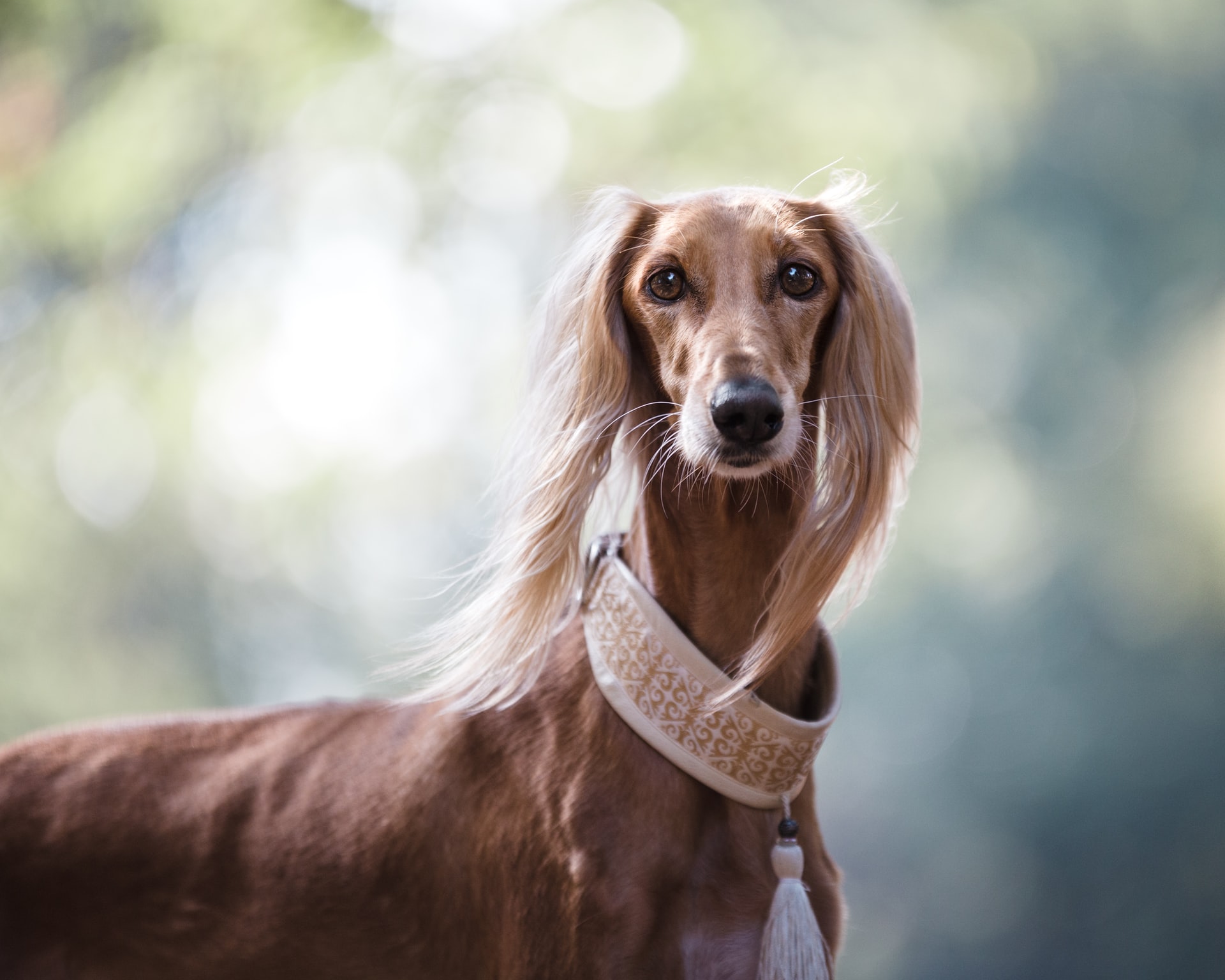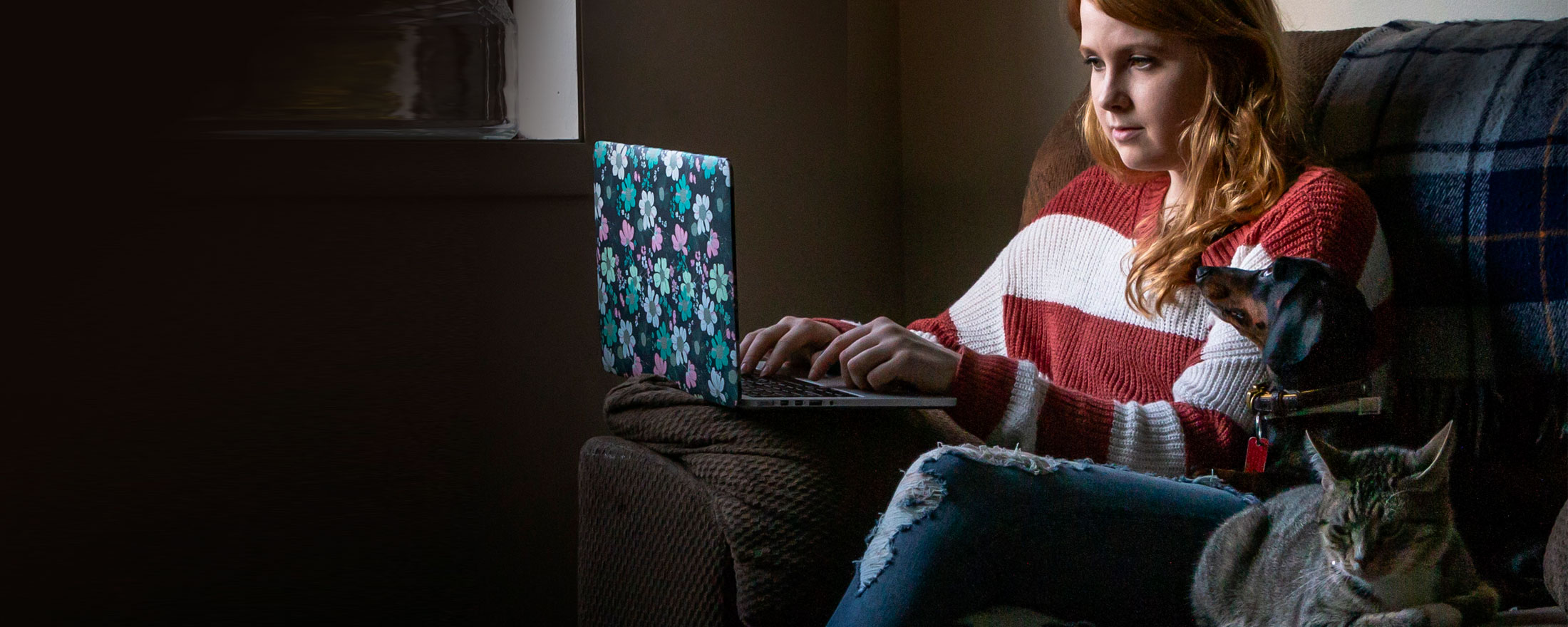
01 Feb How to Calm Your Dog’s Anxiety at the Vet
Medical visits can be stress-inducing for numerous species, including our canine companions. Anxiety can lead to unruly behaviors that may impede a thorough physical exam. Fortunately, there are options for how to calm your dog’s anxiety at the vet.
1. Calming Supplements
Supplements for anxiety are an option that do not require a prescription. Two popular anti-anxiety supplements include Anxitane and Zylkene. Anxitane contains L-Theanine, an amino acid naturally found in green tea leaves. It helps keep pets relaxed and comes in the form of a poultry-flavored tablet that can be started a few days before the visit.
Zylkene is a supplement that contains bovine-sourced hydrolyzed milk protein, an ingredient that has calming properties. It comes in a capsule form, which is easy to administer. It is recommended to administer this supplement a few days before the visit.
2. Treats as Positive Reinforcement
Food can be an excellent motivator. If an anesthetized procedure is not being completed the day of the exam, treats can be offered during the visit to facilitate a positive interaction. Most veterinary facilities will have treats, but we would also recommend bringing your pet’s most favorite treats. Additionally, consider offering a decreased morning meal to encourage the acceptance of treats. Exercise in the form of a walk before the visit can help reduce nervous tension as well.
3. Prescription Meds
In some cases, prescription-strength anxiolytic (anti-anxiety) medications may be recommended by your veterinarian. Trazadone and Gabapentin are commonly prescribed anxiolytic medications. Trazadone is a sedative that improves comfort during veterinary exams or procedures and is available in tablet form. Gabapentin is typically prescribed as an analgesic but is also great for anxiety and stressful situations. It is available in tablet, capsule, and liquid formulations. For most patients with pre-existing dental disease, Gabapentin is a good option. Both Trazadone and Gabapentin ideally are started a couple of days before the veterinary visit.
Speak with A Board-Certified Vet!
At Animal Dental Care and Oral Surgery, we care for your pets as if they were our own. If you have concerns about your pet’s anxiety level at the veterinarian, please call us or your primary care veterinarian to speak with him or her about specific recommendations.

